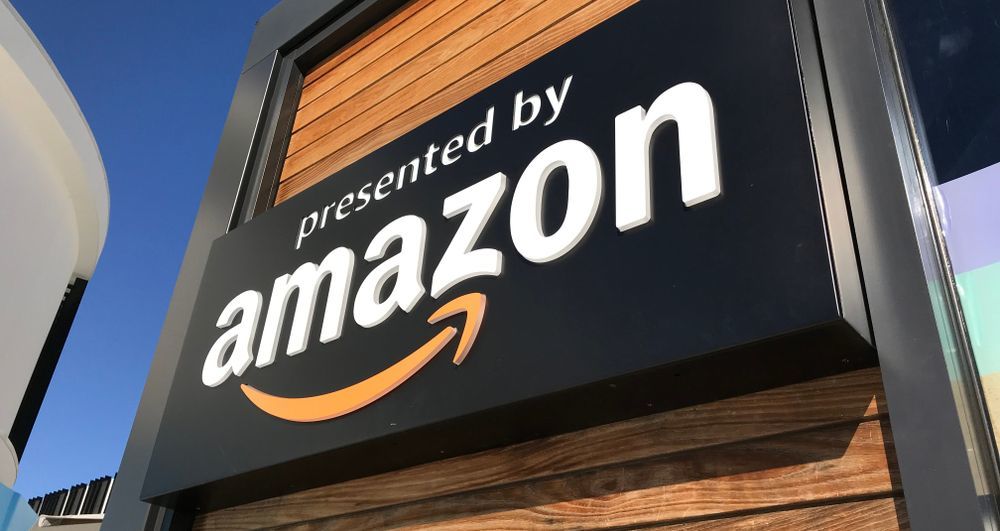
Foodtech: Revolutionizing the Way We Eat and Think about Food
Foodtech refers to the application of technology to all aspects of the food industry, from farming and production to distribution and consumption. With the growth of technology, foodtech has become a major catalyst in transforming the way we think about and consume food.
One of the major areas of innovation in foodtech is the development of new food products that are healthier and more sustainable. Plant-based meat alternatives and lab-grown meat are just a few examples of how foodtech is changing the food industry. These products offer a solution to the environmental impact of traditional meat production and are being developed to taste and feel like real meat. As a result, more people are choosing to reduce their meat consumption and switch to more sustainable food options.
Another major area of foodtech innovation is the use of technology to improve food production and distribution. Precision agriculture and vertical farming are two examples of how technology is being used to make food production more efficient and sustainable. Precision agriculture uses data and technology to optimize the use of resources in agriculture, reducing waste and increasing crop yields. Vertical farming, on the other hand, allows crops to be grown in stacked layers, using less land and reducing the need for harmful pesticides.
Foodtech is also revolutionizing the way food is distributed. The rise of online grocery shopping and meal kit delivery services is making it easier for people to access fresh, healthy food without having to leave their homes. This is especially important for people who live in areas with limited access to fresh, healthy food, and for those who have limited mobility.
Foodtech is also changing the way we think about food. With the increasing focus on healthy eating and sustainability, foodtech startups are developing innovative solutions to help people make better food choices. From apps that help track food intake and provide healthy recipe suggestions to wearable devices that monitor food habits and suggest healthier options, foodtech is making it easier for people to make informed decisions about their food.
The use of technology in food also has important implications for food safety. With the rise of foodborne illnesses and contamination, foodtech startups are developing innovative solutions to improve food safety and traceability. From blockchain-based systems that allow consumers to trace the journey of their food from farm to table, to sensors and analytics tools that help detect and prevent contamination, foodtech is helping to ensure that the food we eat is safe and healthy.
Foodtech is also helping to address food waste, which is a major environmental issue. Foodtech startups are developing solutions to reduce food waste by making it easier for people to donate excess food and by improving the storage and distribution of food. With the help of technology, it's now possible to track the shelf life of food and to prevent food from being thrown away unnecessarily.
In conclusion, foodtech is revolutionizing the way we think about and consume food. From the development of new food products to the use of technology to improve food production and distribution, foodtech is having a major impact on the food industry and is helping to create a more sustainable and healthier food system. With the continued growth of technology, the future of foodtech looks promising, and we can expect to see even more innovative solutions in the coming years.








